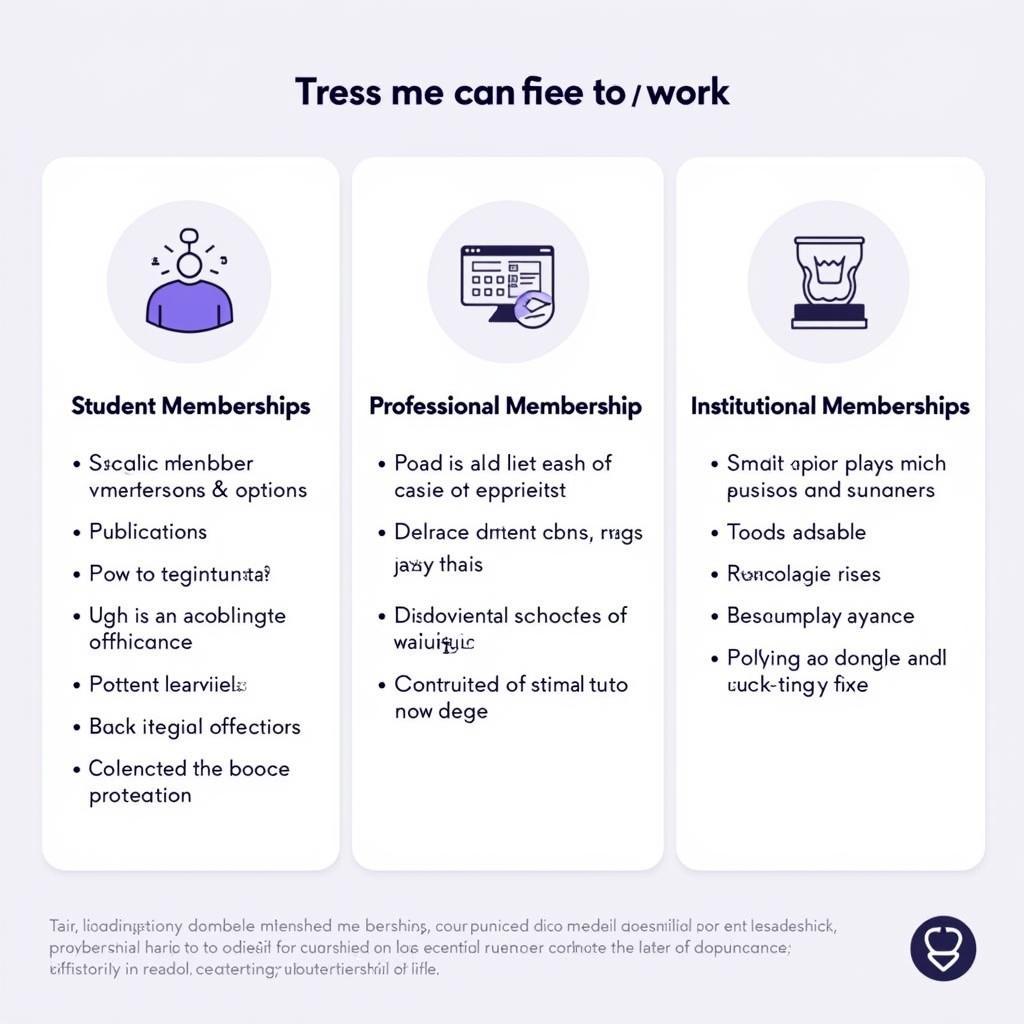The American Ethnological Society (AES) plays a crucial role in shaping our understanding of culture and society. This article delves into the history, mission, and impact of the AES, highlighting its contributions to anthropological research and its promotion of cross-cultural understanding.
A Deep Dive into the American Ethnological Society’s History
The AES, founded in 1842, is the oldest professional anthropological organization in the United States. Its rich history reflects the evolution of anthropological thought, from its early focus on Indigenous cultures in North America to its current global scope. The society has been instrumental in establishing anthropology as a distinct academic discipline, fostering rigorous research methodologies, and advocating for ethical research practices. The early work of the AES focused primarily on documenting and understanding Native American languages and cultures, a reflection of the societal context of the time. Over the decades, the AES broadened its focus to encompass the study of cultures worldwide, embracing a more holistic and inclusive approach to anthropological research.
The Mission and Impact of the AES
The American Ethnological Society’s mission is to advance the study of humankind in all its diversity. It provides a forum for scholars to share their research, engage in critical discussions, and collaborate on projects that address pressing social issues. The AES promotes interdisciplinary dialogue, recognizing the interconnectedness of culture, language, power, and social justice. It encourages research that challenges conventional wisdom, fosters critical perspectives, and contributes to a more nuanced understanding of the human condition. Through its publications, conferences, and outreach initiatives, the AES plays a vital role in shaping public discourse and influencing policy related to cultural heritage, human rights, and social equality.
What Does the American Ethnological Society Do?
The AES actively supports anthropological research through grants, fellowships, and publishing opportunities. It publishes the prestigious journal American Ethnologist, which features cutting-edge research from around the world. The Society also organizes annual meetings and conferences, providing platforms for scholars to present their work and engage in lively debates. These gatherings foster a vibrant intellectual community and facilitate the exchange of ideas across disciplines and geographical boundaries. The AES is committed to mentoring young scholars and supporting their professional development. It offers workshops, career guidance, and networking opportunities to help emerging anthropologists navigate the academic landscape.
The American Ethnological Society and Public Engagement
The AES recognizes the importance of public engagement and actively seeks to make anthropological knowledge accessible to a wider audience. It collaborates with museums, cultural institutions, and community organizations to share its research findings and promote cross-cultural understanding. The AES believes that anthropological insights can inform public policy and contribute to a more just and equitable world. By fostering dialogue and understanding between different cultural groups, the AES aims to bridge divides and promote peaceful coexistence.
How to Become Involved with the American Ethnological Society
The American Ethnological Society welcomes new members and offers various opportunities for involvement. Whether you are a professional anthropologist, a student, or simply someone interested in learning more about human cultures, there are ways to connect with the AES. You can join the society, subscribe to its publications, attend its events, or volunteer your time and expertise. By becoming a member of the AES, you can contribute to the advancement of anthropological knowledge and promote a deeper understanding of the human experience.
 American Ethnological Society Membership
American Ethnological Society Membership
Conclusion
The American Ethnological Society remains a vital force in the field of anthropology, promoting rigorous research, fostering intellectual exchange, and advocating for a more just and equitable world. Its commitment to understanding human cultures in all their diversity is more relevant than ever in today’s interconnected world.
FAQ
- When was the American Ethnological Society founded? (1842)
- What is the AES’s primary publication? (American Ethnologist)
- How can I become a member of the AES? (Visit the AES website for membership information.)
- What is the focus of the AES’s research? (Human cultures in all their diversity.)
- Does the AES offer student memberships? (Yes.)
- How does the AES contribute to public engagement? (Through collaborations with museums, cultural institutions, and community organizations.)
- What is the significance of the AES in the field of anthropology? (It is the oldest professional anthropological organization in the US and promotes rigorous research and intellectual exchange.)
Need support? Contact us 24/7: Phone: 02043854663, Email: [email protected] or visit us at Zone 34, Bac Giang, 260000, Vietnam.